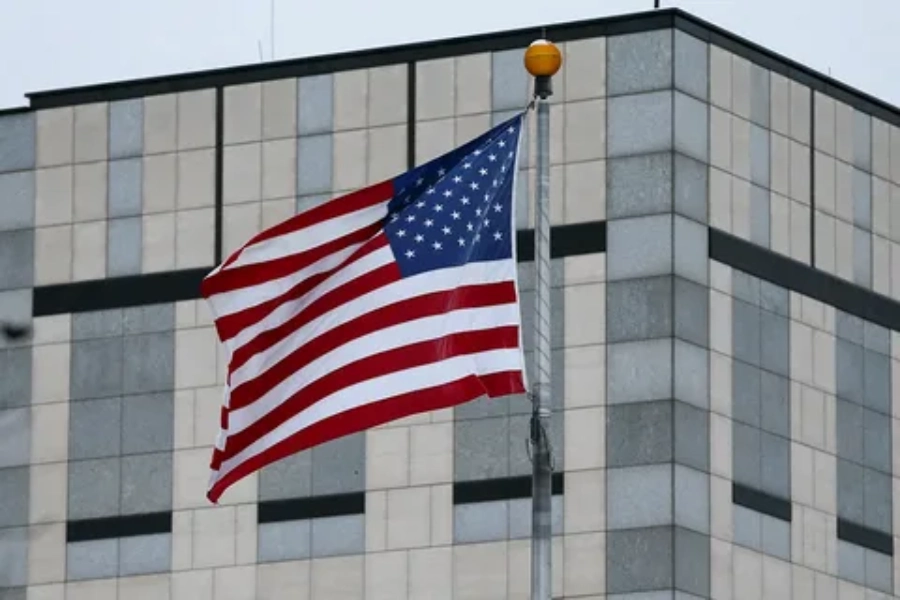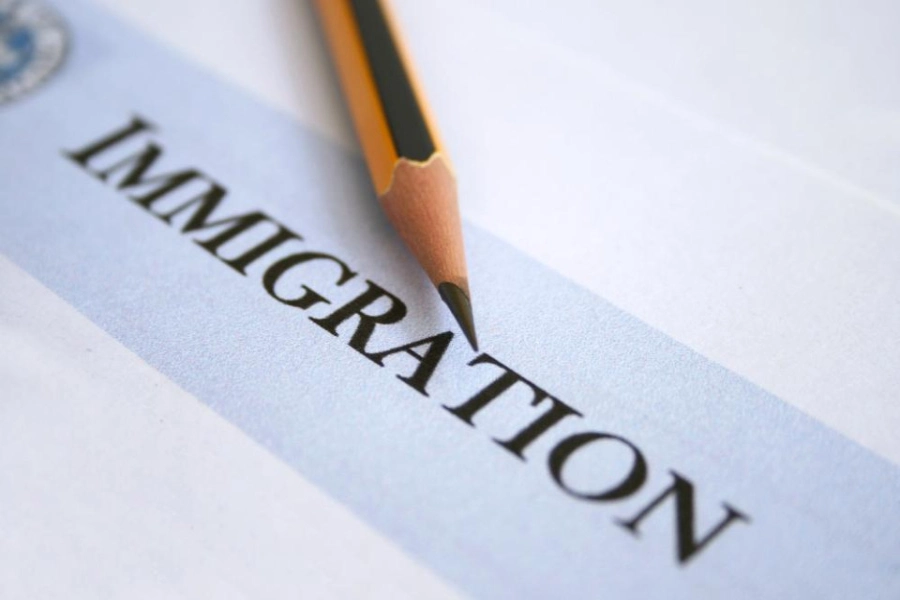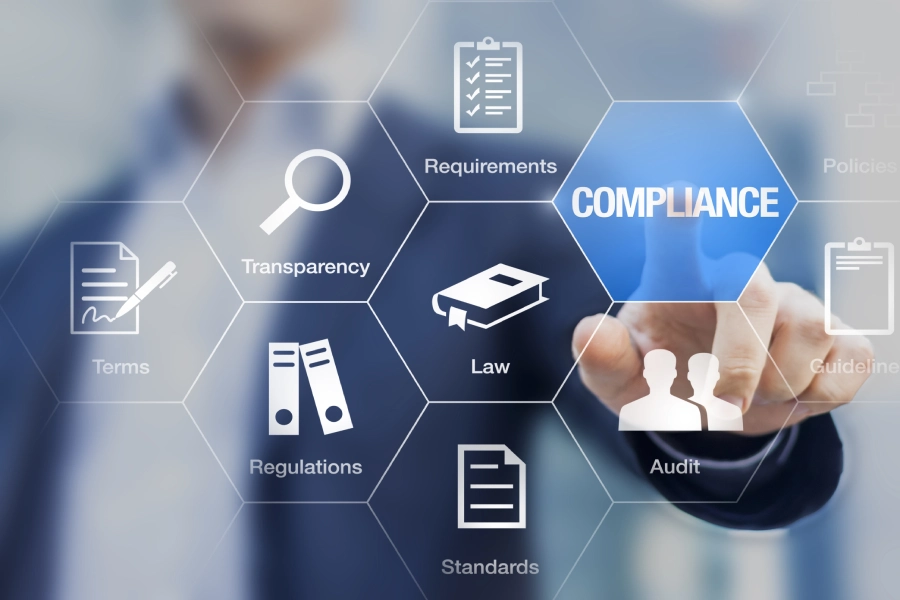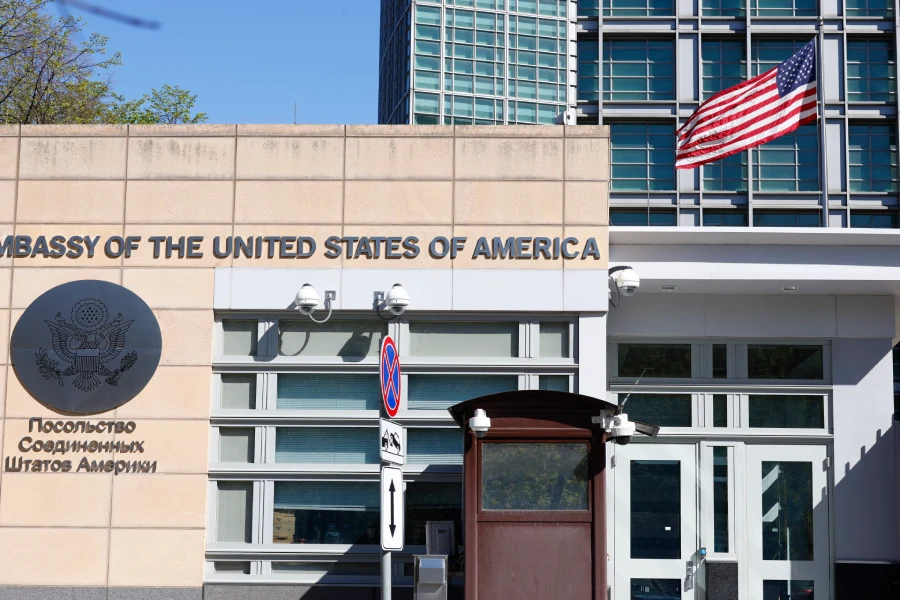The US Embassy serves as a critical institution in maintaining diplomatic relations, issuing visas, and protecting the rights of foreign nationals seeking to enter or remain in the United States. Recently, a significant advisory was released by the US Department of State targeting Caribbean nationals regarding strict immigration enforcement. This article will thoroughly analyze the role of the US Embassy in this evolving legal landscape, discuss the content of the advisory, and provide a legal examination of its implications for Caribbean nationals and their home countries.

The US Embassy’s Central Role in Immigration Enforcement and Diplomacy
Visa Issuance and Lawful Entry Facilitation
One of the core responsibilities of the US Embassy is to evaluate visa applications to ensure that applicants qualify for entry under US immigration laws and do not intend to violate terms of stay. Visa officers assess applicants’ ties to their home countries, financial status, and travel intentions to prevent misuse.
Public Communication and Legal Education
The embassy acts as a conduit for informing foreign nationals of current US immigration policies, legal obligations, and consequences of violations. This advisory to Caribbean nationals is a prime example of the embassy’s role in disseminating critical information that affects millions of potential travelers.
Diplomatic Coordination with US Enforcement Agencies
While embassies do not enforce immigration laws inside the US, they maintain close contact with agencies such as Immigration and Customs Enforcement (ICE). This coordination helps in managing deportations, ensuring the humane treatment of detainees, and facilitating consular support to nationals facing removal.
Consular Assistance and Limitations
US Embassies provide consular assistance including legal advice referrals, helping detained nationals contact family, and ensuring due process rights. However, their powers are limited by US law: embassies cannot prevent lawful deportations or shield individuals from penalties when immigration laws are violated.

Legal Analysis of the Advisory and Immigration Enforcement
Sovereign Right to Control Immigration
The advisory reaffirms the widely accepted international law principle that every state has sovereign authority to regulate entry and residence within its borders. Enforcement actions like detention, removal, and visa restrictions fall squarely within this sovereign prerogative.
Legal Consequences of Visa Overstays
Visa overstaying is a violation of US immigration law under the Immigration and Nationality Act (INA). Such violations can trigger removal proceedings and bar future entries for several years or permanently. The advisory’s emphasis on consequences highlights the serious risks travelers assume when violating visa conditions.
Limits of Diplomatic Protection
While embassies can advocate for fair treatment, they cannot override immigration enforcement decisions made by US courts or agencies. This reflects the doctrine of consular nonreviewability, which grants broad discretion to consular officers in visa issuance and to immigration authorities in enforcement.
Accountability of Foreign Governments
The policy to impose visa restrictions on officials involved in facilitating illegal migration marks a strategic shift toward holding sending countries accountable. It sends a diplomatic message urging cooperation in curbing irregular migration, potentially influencing bilateral relations.
Impact and Recommendations for Caribbean Nationals
Increased Scrutiny and Enforcement Risks
Caribbean nationals applying for US visas can expect greater scrutiny regarding their travel intent and ties to their home countries. Overstaying visas may result in deportation and lengthy bans, complicating future travel and affecting personal and professional opportunities.

Importance of Legal Compliance
To avoid adverse outcomes, Caribbean travelers should:
-
Be transparent during visa applications.
-
Comply with all visa terms, including departure deadlines.
-
Consider voluntary departure programs if unlawfully present, to minimize penalties.
Role of Caribbean Governments
Governments in the Caribbean should intensify efforts to inform citizens about legal migration requirements and consequences of non-compliance. Diplomatic engagement with the US Embassy can foster dialogue on legal work visas and temporary labor programs beneficial to both regions.
Broader Context: Migration Trends and Regional Implications
The tightening of US immigration policies mirrors a global trend of more stringent border control. Caribbean countries may face:
-
Increased return migration and pressure on local resources.
-
The necessity to strengthen immigration infrastructure to distinguish legitimate visitors from potential overstayers.
-
Opportunities to negotiate temporary labor schemes with the US to address shortages in sectors like agriculture and hospitality.
Conclusion
The US Department of State’s recent immigration advisory underscores a strict, no-tolerance approach to visa violations, particularly affecting Caribbean nationals. The US Embassy plays a pivotal role in implementing this policy through visa adjudication, communication, and diplomatic coordination.
For Caribbean nationals, respecting US immigration laws is critical to maintaining travel privileges and avoiding serious legal consequences. Meanwhile, Caribbean governments must enhance education and cooperation to mitigate irregular migration and support their citizens’ lawful engagement with the US.
Ultimately, the evolving relationship between the US Embassy, foreign nationals, and sending governments highlights the importance of legal compliance, diplomatic dialogue, and mutual responsibility in managing international migration effectively.
FAQs
Q1: What is the role of the US Embassy in immigration enforcement?
The US Embassy adjudicates visa applications, informs travelers about laws, and liaises with enforcement agencies but does not enforce immigration law inside the US.
Q2: What are the consequences of overstaying a US visa?
Overstaying can lead to arrest, detention, deportation, and long-term bans on re-entry.
Q3: Can the US Embassy prevent deportation?
No, the embassy can assist but cannot stop lawful deportation procedures.
Q4: What is the voluntary departure program mentioned in the advisory?
It allows certain unlawfully present individuals to leave the US voluntarily with support, avoiding harsher penalties.
Q5: How should Caribbean governments respond to US immigration policies?
By educating citizens, strengthening migration controls, and cooperating diplomatically to promote legal migration pathways.

